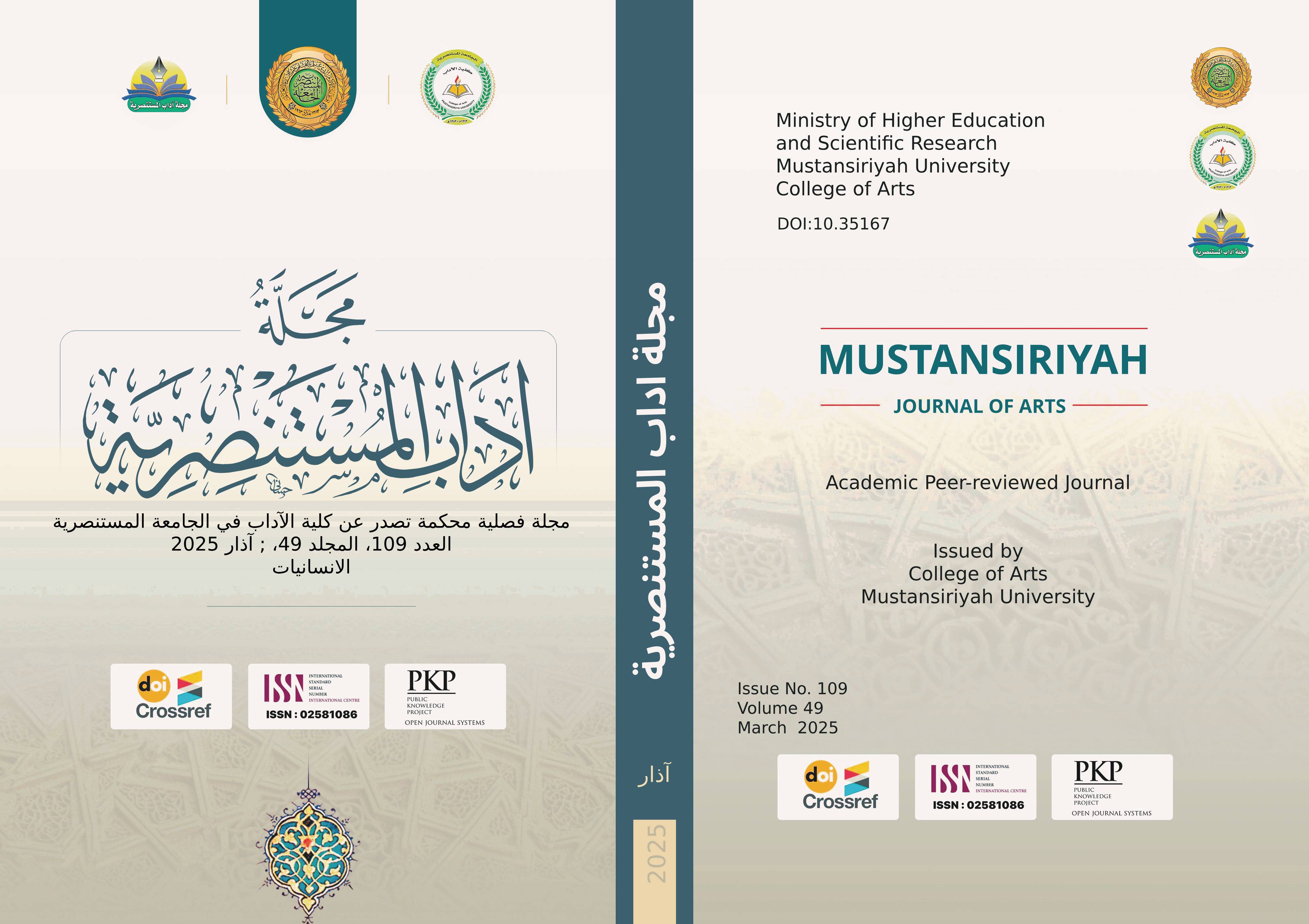فلسفة التاريخ عند هيردر من التأثيرات البيئية إلى حرية الإرادة الإنسانية
Abstract
The philosophy of history is considered one of the most important subjects addressed by the German philosopher Johann Gottfried Herder (1744–1803). He combined the study of humans as biological and cultural beings with the study of their development over time within a comprehensive historical context. Herder's thought forms a bridge between the Enlightenment and Romanticism, as he addressed various issues related to human nature, culture, language, and history from a holistic perspective aimed at understanding humanity in its entirety. Herder focused on the idea that humans are cultural beings above all else. He believed that human nature cannot be separated from the cultural and social context in which individuals develop. He considered that each society has its own cultural uniqueness, manifested in its language, customs, and traditions, emphasizing the importance of understanding these elements to grasp human essence. In contrast to Enlightenment philosophers who focused on universal concepts of human nature, Herder rejected the idea of a "unified model" of humanity. He saw humanity as shaped through a long and complex history of interaction between humans and their environment, leading to a great diversity of cultures
Downloads
Published
Issue
Section
License

This work is licensed under a Creative Commons Attribution-ShareAlike 4.0 International License.


